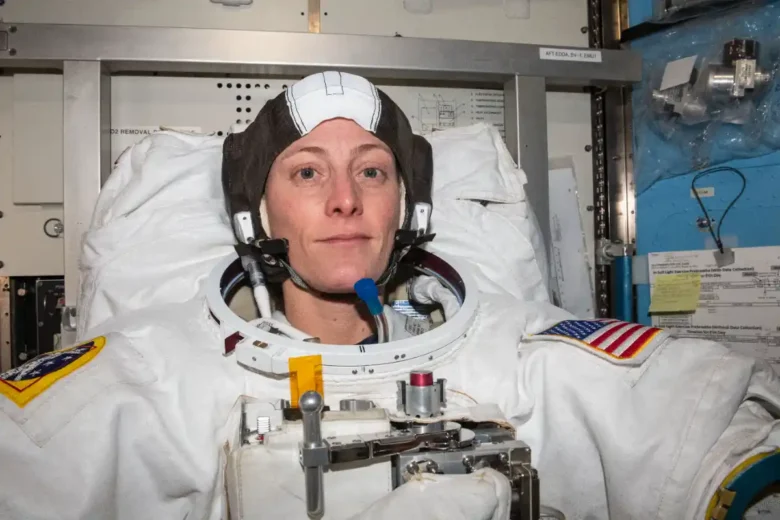A new study examining mice, human cells, and astronaut samples has found that space travel triggers biological changes similar to aging, raising concerns for future missions to the Moon and Mars. The research, which analyzed data from NASA, JAXA, and the civilian Inspiration 4 flight, shows how microgravity, radiation, and isolation affect genes tied to muscle loss, immunity, and metabolism.
Scientists have long known that space weakens muscles and bones, but this work connects those changes to frailty, a syndrome linked to reduced resilience in older adults. The findings come from gene expression studies of rodents flown on the International Space Station (ISS), astronauts on extended missions, and ground-based simulations such as bed rest. The results reveal overlaps with aging processes on Earth.
Microgravity caused muscle atrophy and bone thinning, while radiation damaged DNA. Genes involved in inflammation and energy regulation shifted in patterns familiar from age-related decline. For example, mouse muscles like the soleus showed upregulation of inflammatory pathways. Similar activity appeared in humans placed in bed rest conditions designed to mimic weightlessness.
Data from JAXA astronauts and the Inspiration4 crew reinforced these results. Blood samples revealed heightened activity of immune and stress-related genes during and after flight. One marker, AKT1, stayed elevated after return to Earth, linking to cardiovascular problems seen in older populations. Even the short Inspiration4 mission showed early signs of inflammatory responses.
The study highlighted sarcopenia, or age-related muscle loss, as a key overlap. Astronauts lose up to 20% of muscle mass during six months on the ISS, despite strict exercise routines. The research identified shared genes, including GJB4, in both spaceflight atrophy and age-related decline, suggesting common pathways behind muscle weakening.
Metabolism also shifted in space-exposed cells. Lipid processing slowed in some cell types while accelerating in others, echoing how mitochondria falter during aging. These changes may worsen during long missions to Mars, where cosmic radiation exposure is higher and shielding is limited.
Researchers say tracking frailty markers in astronauts could help flag risks before symptoms appear. This could guide countermeasures such as anti-inflammatory drugs or metabolic treatments. The team argues that insights from aging medicine may support astronaut health during voyages lasting years.
The work also links space biology to broader health research on Earth. Telomere shortening, immune stress, and DNA instability seen in astronauts mirror problems in high-stress occupations and aging populations. By studying the extreme environment of space, scientists hope to find tools for healthier aging at home.
With NASA’s Artemis program and SpaceX’s Mars plans advancing, experts warn that solving these medical challenges is as urgent as building rockets. Protecting astronauts from accelerated aging effects could determine the success of long-duration exploration.
Source: Nanobioreactor detection of space-associated hematopoietic stem and progenitor cell aging

